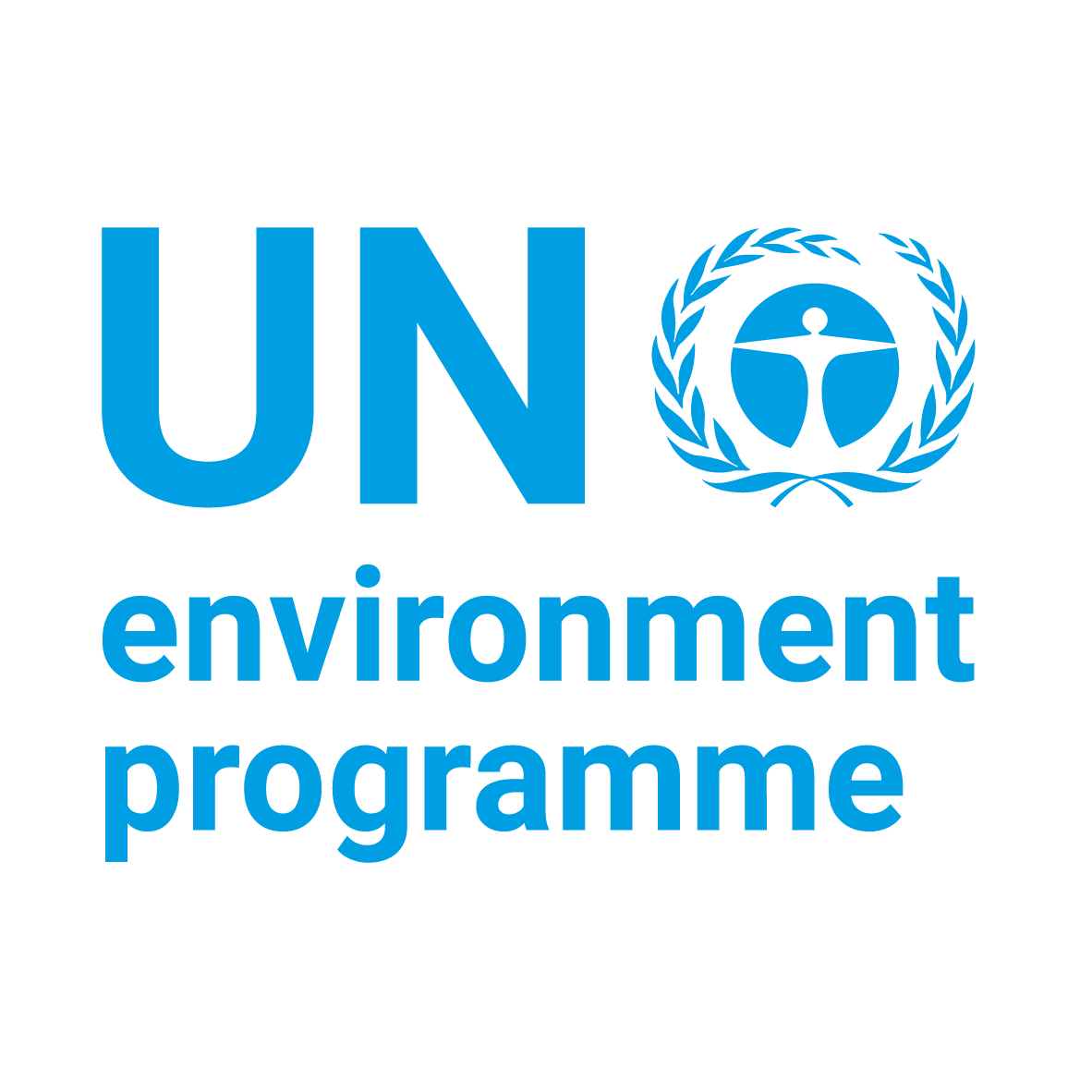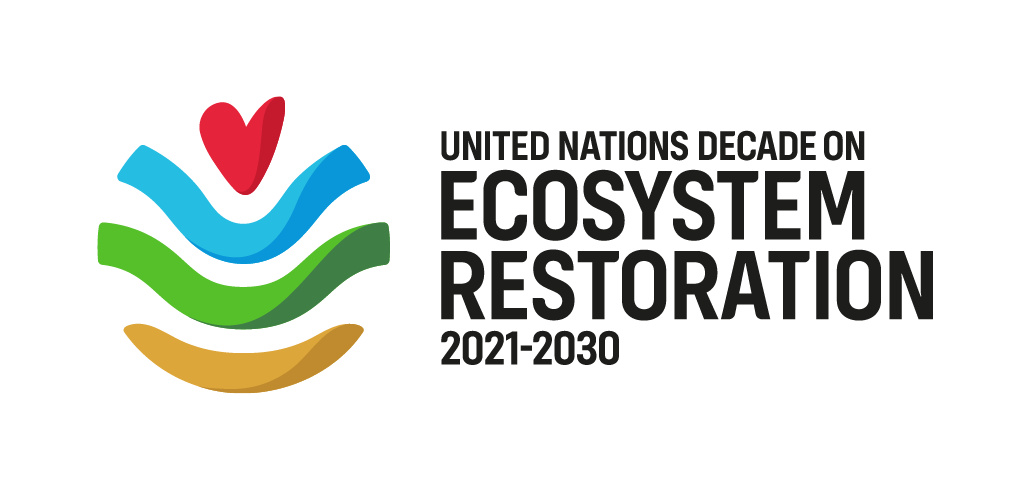Under-Secretary-General of
the United Nations, Executive Director of the UN Environment
Programme (UNEP)
My thanks for the kind invitation to speak at the Ecumene
Global Financial Forum.
The science is clear on the danger and immediacy of the
triple planetary crisis of climate change, nature and
biodiversity loss and pollution and waste. Climate
change is here, now, and intensifying. Resource-hungry
growth is eating into the nature that sustains us. And
pollution and waste are choking the planet. The triple
crisis is a threat to human health, prosperity, and
equity. And the triple crisis is a threat to businesses
and investors, as the World Economic Forum has made
abundantly clear
We know the power that financial institutions must
support sustainability in financial decision-making and
investing. Provide capital to scale low-emitting
technologies and align sectors with science-based
targets. Increase demand for climate disclosure from
companies. Help high-emitting companies and industries
to transition to lower-emitting technologies and
business models, while ensuring a just and equitable
transition. Set science-based targets across portfolios
and increase transparency to avoid greenwashing. And of
course, begin moving your financing away from fossil
fuel heavy portfolios, as countries work to decarbonize
their economies.
The good news is that UNEP’s Finance Initiative-led
frameworks and partnerships allow banks and financial
institutions to strategically align financial flows with
sustainability objectives, and thereby joining a global
movement to drive change and prosperity. The Principles
for Responsible Investment is the global framework for
responsible conduct amongst institutional investors.
Through the Principles for Responsible Banking and the
Principles for Sustainable Insurance, the Finance
Initiative convenes financial institutions to apply
industry frameworks, develop practical guidance and
tools, and set targets on environmental and social
aspects that align with the Sustainable Development
Goals. These frameworks raise ambition beyond just
integrating ESG risks to achieve portfolio-wide impacts.
As part of these principles frameworks our Finance
Initiative also convenes three major net-zero alliances
aimed at fully decarbonising portfolios by 2050. The Net
Zero Banking Alliance has about half of global banking
industry assets signed on. The Net-Zero Asset Owner
Alliance includes more than 70 institutional asset
owners with over USD 10 trillion in assets. The Net-Zero
Insurance Alliance convenes 25 leading insurers,
representing about 12 per cent of world premium.
These alliances drive progress within their
organizations, across the financial industry and across
the global economy by setting concrete portfolio
targets, and engaging companies as they invest to
accelerate the global transition to a net-zero world. To
avoid greenwashing, the alliances have put in place
accountability mechanisms, including require the
auditing of the member commitments and progress.
In closing, let me say that sustainability is not
optional. ESG is not an add-on, or a selling point, or a
PR tool. By making it a core business practice, you can
seize the opportunity to position the finance industry
to help address society’s challenges in the 21st
century. So, I encourage you to join leadership
initiatives and alliances and strengthen the resilience
of the whole financial system because at the end of the
day: our financial systems are dependent on a resilient
society and planet. To steer your business towards
integrating sustainability considerations fully into
financial practice. Because doing so is in the best
interests of your people, planet and truly prosperous
growth. Thank you.


































